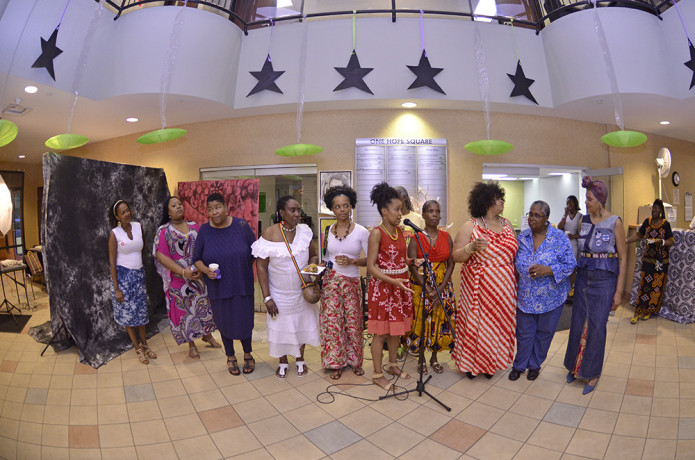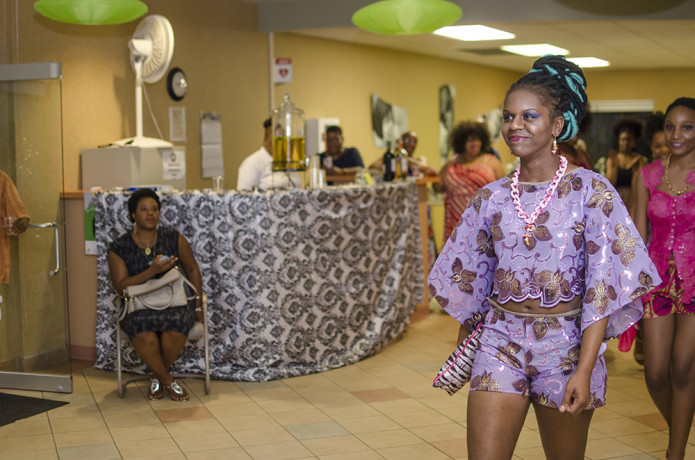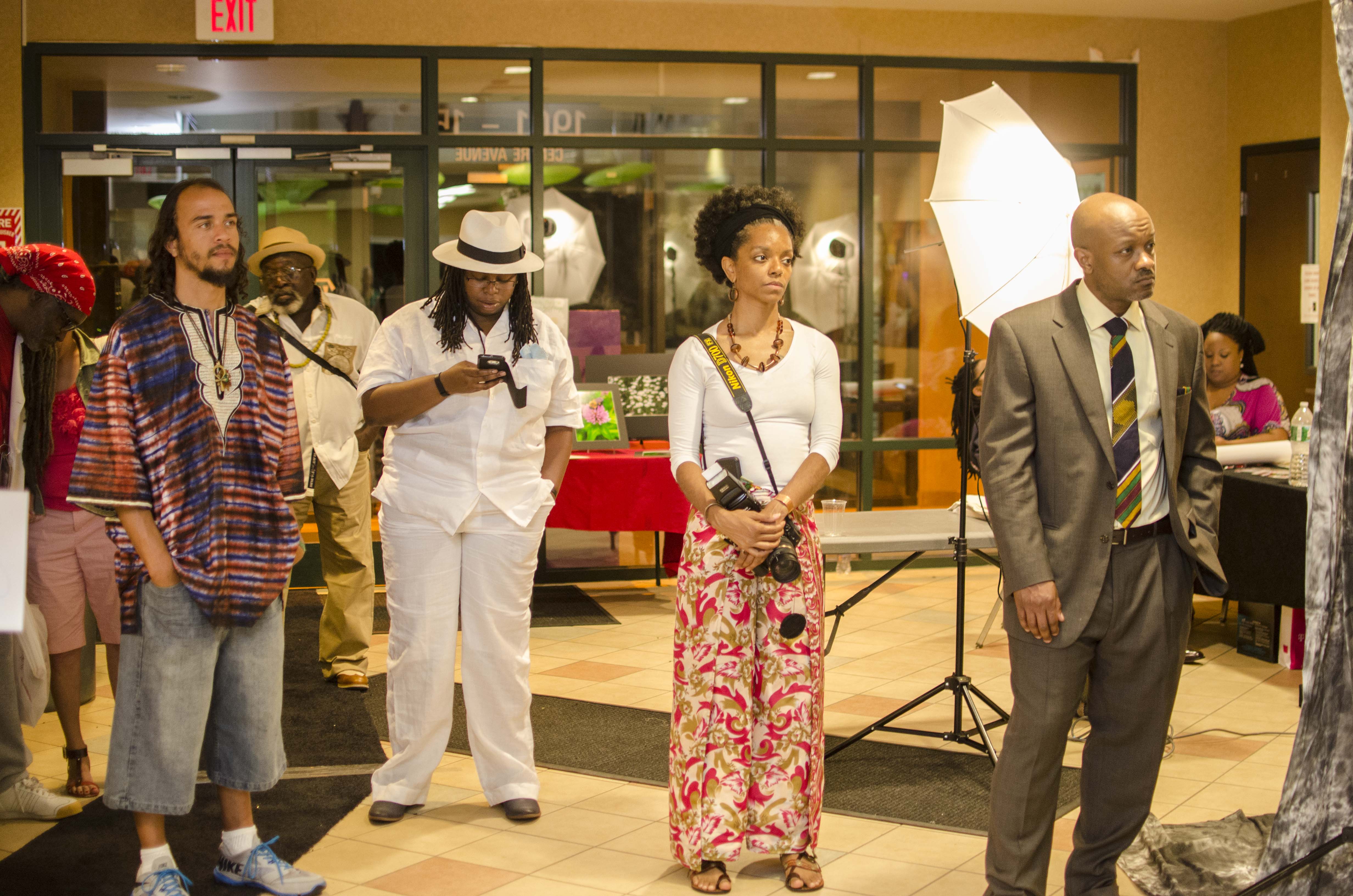The Buy Local movement is not new. Cooperatives, or co-ops, have been working around the world for centuries to help groups of artists, farmers and businesses support each other and connect with their customers.
The Ujamaa Collective in Pittsburgh’s Hill District is using that time-tested global model to show how a communal approach to business and community building can create positive and sometimes unexpected opportunities right here at home.
“What is of most concern to me is that young people learn about cooperation over competition,” says Celeta Hickman, founder of the Ujamaa Collective, which received a Community of Practice grant from The Sprout Fund to empower residents by showing how cooperatives work and bringing them together to build their own.
A series of activities and events is under way to engage the community in many different ways, says LaKeisha Wolf, Ujamaa’s Executive Director.
“We’re exposing them to the different types of food from here and around the world, to different kinds of art from here and around the world, but also teaching them about the practice of cooperation and the many different examples of co-ops and cooperative business that currently are being used across the US and in countries around the world,” she says.
The idea behind these programs has been to get people thinking about different ways they can grow businesses and connect with their community, taking a shared approach to growth without the need for a large investment or years of school or other training, says Wolf.
“I really want people to be inspired and to be revived and feel like this is something we can do,” she says. “It’s something that we have been doing for a long time, and something that I believe is a self-help, self-determining model that anybody can do. It has so many great benefits to it.”

“WHAT IS OF MOST CONCERN TO ME IS THAT YOUNG PEOPLE LEARN ABOUT COOPERATION OVER COMPETITION”
In addition to free and low-cost classes and gatherings, the “Cooperation Over Competition” initiative also includes growth of Ujamaa’s programs through the sale of co-op memberships. For $100, invested members receive discounts on purchases at the Ujamaa Boutique and on classes and programs while supporting the artists and other programs in the collective.
Ujamaa was formed in 2008 as a way to channel the energy, creative talents and entrepreneurial spirit of African-American women in the Hill. Since then, Hickman, Wolf and others have grown Ujamaa to include the Boutique on Centre Avenue that sells art, jewelry, clothing, crafts and health and beauty products from artisans in the Hill and from as far away as Tanzania, Brazil and Kenya, an open-air marketplace, a 15-acre urban farm and related food and wellness programs, and an entrepreneurial preparation program in partnership with Milliones University Preparatory School in the Hill. The list goes on.
While the original focus was on African-American women, the scope of the program went international when Ujamaa connected with Somali Bantu women, many of whom lived with their families in the Hill District, and later through partnerships with Amizade Global Service-Learning.
Through Amizade, a group of young people from Northern Ireland connected with youth from the Hill District, and those local youth are planning a return visit to Belfast later in the summer of 2015.
“In the end, and continuing on, I feel more connected to a community and other folks who practice global engagement on different levels,” says Wolf. “And now maybe they see us as part of that in ways they hadn’t before.”
Hickman sees these international connections as ways to introduce new ideas and new models to the people in the local community.
“Global engagement also means introducing young people, particularly of African descent, to new models of doing business globally,” she says. “And not any of these models that exploit the land or the people, that together we can build wealth and we can do it in the fair way where everyone benefits.”



